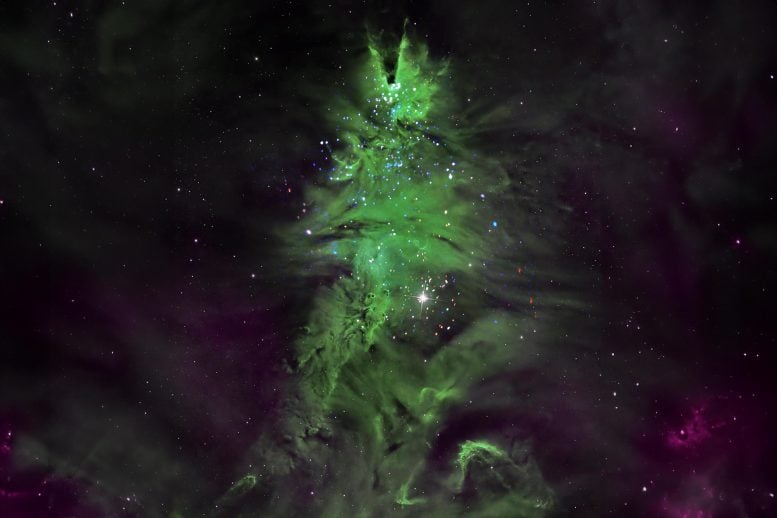
The red dots in the above image are Copernicus ERA5 global daily mean near-surface (2m) air temperature anomalies Dec. 13, 2022 through Dec. 7, 2024, compared to a 1991-2020 base (left vertical axis) and a 1901-1930 base (right vertical axis).
 |
| [ click on images to enlarge ] |
The above comparison image illustrates that the use of a 1901-1930 base instead of the default Copernicus 1991-2020 base comes with an adjustment of the temperature anomaly of 0.91°C. Note that neither of these bases are pre-industrial. As discussed at the pre-industrial page, using pre-industrial as a base requires a further adjustment of as much as an additional 0.99°C, which would correspond with a total temperature anomaly for the year 2023 of as much as 2.47°C.

Mechanisms behind accelerated temperature rise
Recent research led by Helge Goessling suggests that global warming itself is reducing the number of low clouds, resulting in less sunlight getting reflected back into space. “If a large part of the decline in albedo is indeed due to feedbacks between global warming and low clouds, as some climate models indicate, we should expect rather intense warming in the future,” Helge Goessling warns.
A Terminal Temperature Acceleration Event could be occur soon due to a number of mechanisms, including:
– a drop in albedo as a result of a reduction in lower clouds
– a drop in albedo as a result of reduction in sea ice extent
– El Niño developing in the course of 2025
– sunspots reaching a maximum in the current cycle (predicted to occur July 2025)
– less ocean heat reaching deeper parts of the ocean as a result of slowing down of AMOC
– reductions in sulfur aerosols combined with an increase in black carbon and brown carbon as civilization grinds to a halt

The above mechanisms have been described in more detail recently in the post Double Blue Ocean Event 2025?
The compilation of four images by the University of Bremen below illustrates the decline in Antarctic sea ice thickness from August 27, 2024, to November 28, 2024.

Climate Emergency Declaration

Links
• Copernicus
https://climate.copernicus.eu










Leave a Comment